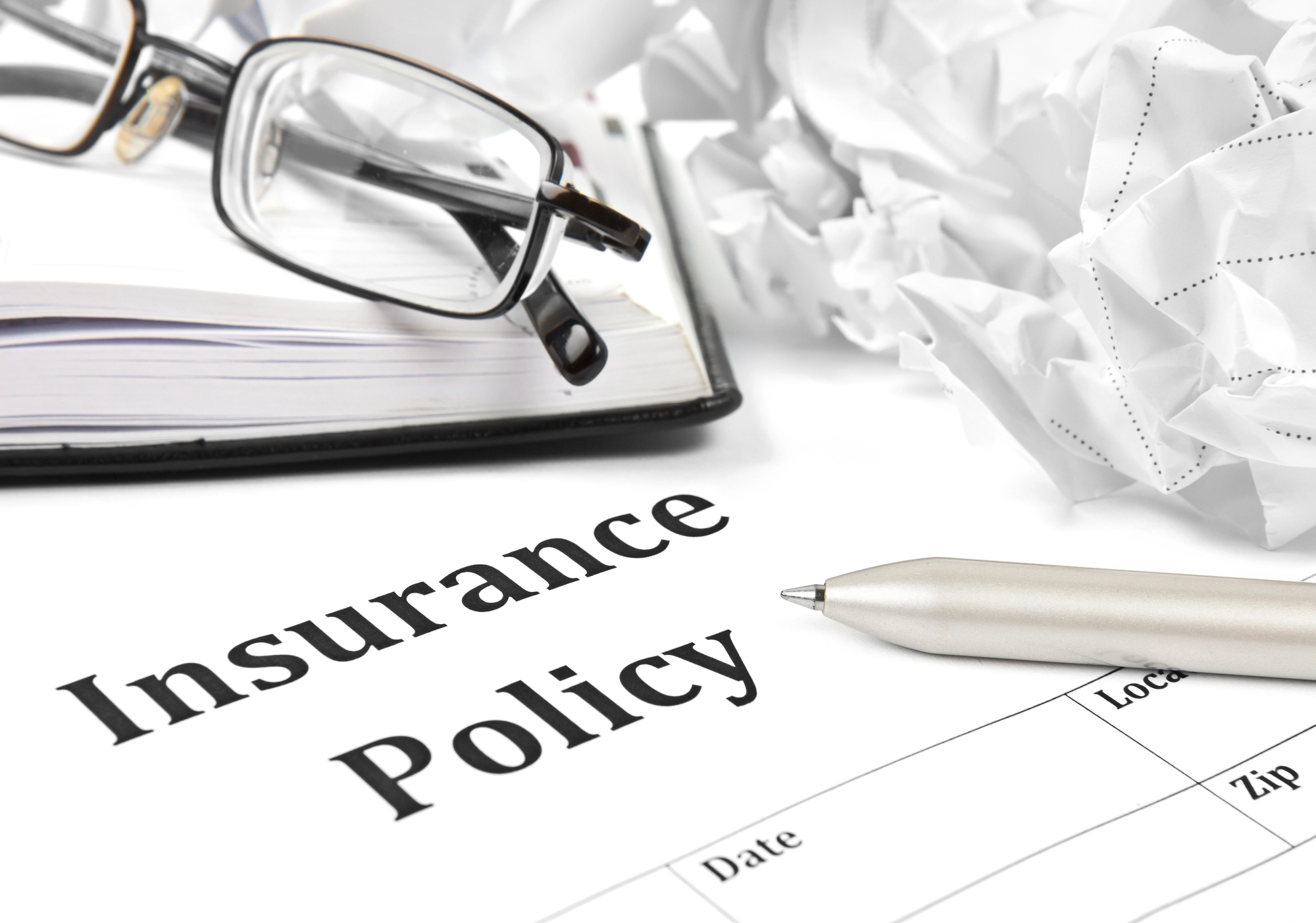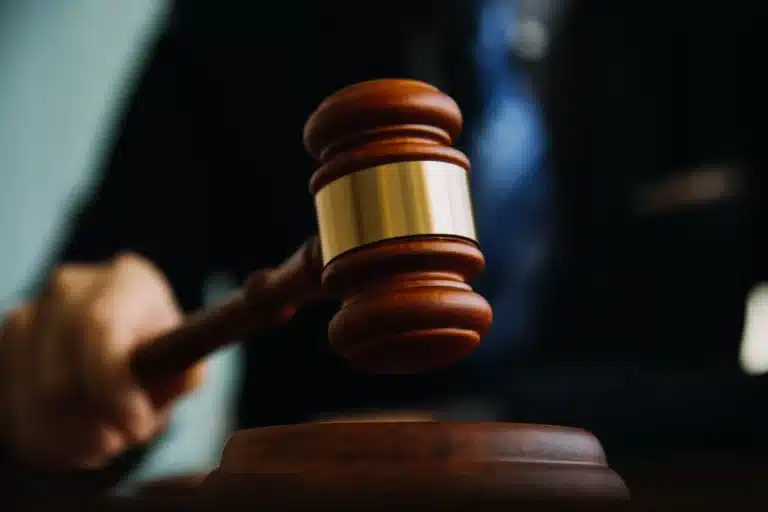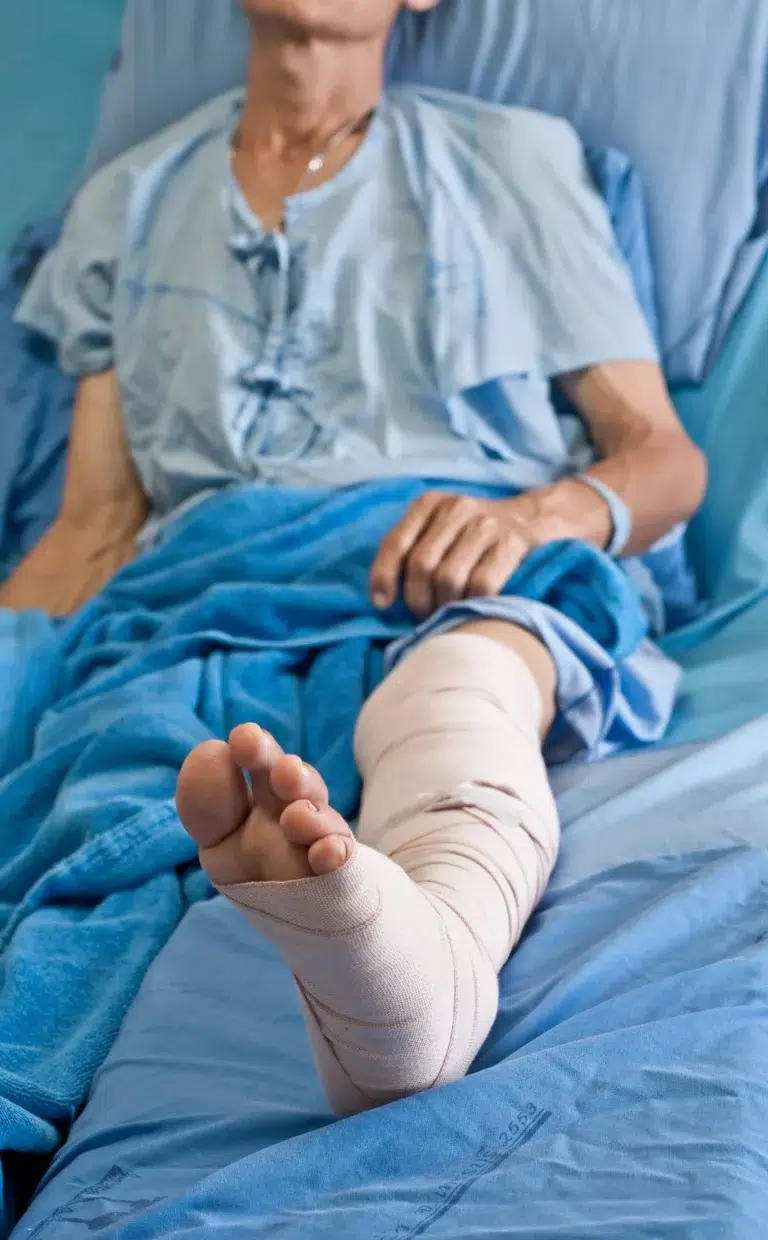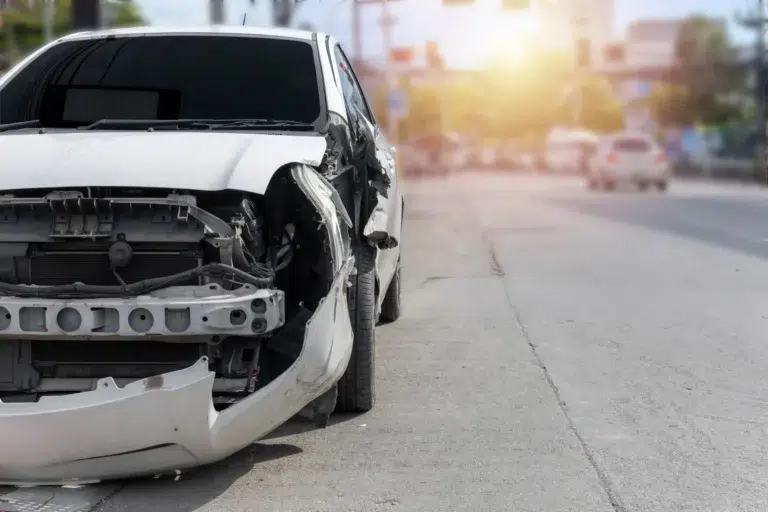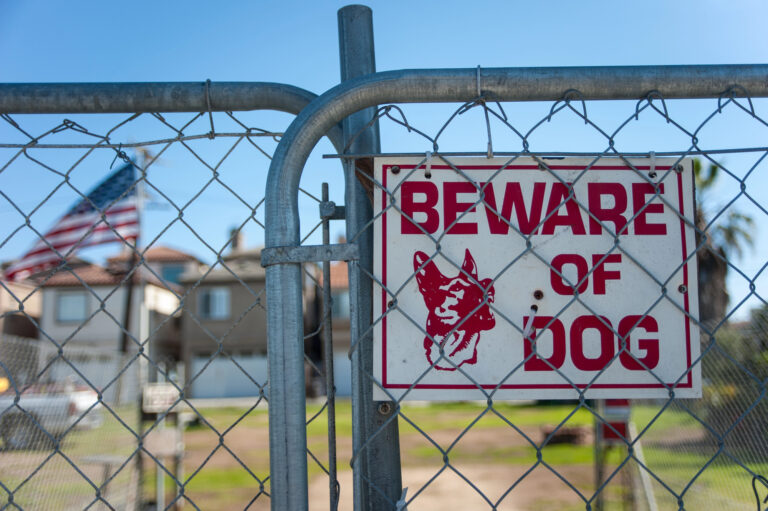Can I Get Compensation If I Was Injured at Someone’s House in Florida?
If you were hurt while visiting someone’s home in Florida—whether from a fall, a dog bite, or a pool accident—you may be wondering whether you have any right to compensation. Many people feel hesitant about bringing a claim, especially if the homeowner is a friend or relative. But here’s the truth: you’re usually not going after them personally—you’re seeking compensation from their homeowners insurance.
Homeowners insurance exists for exactly these types of situations. This blog will walk you through how it works, what types of incidents are typically covered, and why pursuing a claim doesn’t have to damage your personal relationships.
Why Homeowners Insurance Exists
Most Florida homeowners carry liability insurance through their homeowners policy. This coverage is designed to pay for injuries to guests, visitors, or workers if the homeowner was negligent—or even if the accident was just a fluke.
You’re not attacking your friend or family member by filing a claim. You’re requesting their insurance to cover:
- Medical bills
- Lost wages
- Pain and suffering
- Long-term disability or disfigurement
The goal is financial recovery, not personal conflict.
Common Examples of Injuries at Private Residences
Slip and Falls
Falls are one of the most common causes of injuries in homes. You might slip on a freshly mopped floor, trip over loose carpeting, or fall down poorly maintained stairs. If the homeowner failed to warn you or fix a known hazard, they could be liable under Florida premises liability law.
Learn more about our slip and fall injury services »
Dog Bites and Animal Attacks
Florida follows a strict liability rule for dog bites. That means even if the dog had never shown aggression before, the homeowner can be held responsible. Bites, scratches, or knockdowns by overly playful dogs can all lead to valid claims.
Read more in our dog bite injury guide or see what to expect if you were injured by a dog but not actually bitten.
Pool Accidents and Drownings
Unfenced or poorly maintained pools can result in slips, diving injuries, or even near drownings—especially with children involved. Florida’s Residential Swimming Pool Safety Act and related statutes require certain safety features. If those weren’t followed, the homeowner’s liability coverage may apply.
Burns, Electrical Shocks, and Structural Hazards
Guests may suffer electrical burns, trip over exposed wiring, or get hurt by structural issues like collapsing decks, broken railings, or loose ceiling fans. Even if the danger wasn’t obvious, insurance may still cover your losses if negligence can be shown.
Who Pays for Your Injury?
It’s not the homeowner—it’s their insurance. Most Florida homeowners policies include at least $100,000 in liability coverage, and many have more. The claim is typically handled through:
- An adjuster assigned by the insurance company
- Documentation of your injuries and medical care
- Possible settlement negotiations with your attorney
If the claim is denied or undervalued, your lawyer may need to file a lawsuit—but again, this still targets the insurer, not the homeowner’s personal assets (unless they were grossly negligent or intentionally harmful).
Explore our guide to suing after a dog bite in Florida to see how these cases usually unfold.
What If I’m Close With the Homeowner?
This is one of the most common concerns we hear.
Maybe the homeowner is a friend, family member, or neighbor in Orlando, Tampa, or Jacksonville. You don’t want to “sue” them—but you also can’t afford to pay thousands in medical bills from your own pocket.
Fortunately, most homeowners understand that insurance is meant to protect everyone, including guests who are injured. Filing a claim shouldn’t be viewed as betrayal—it’s a safety net that responsible homeowners choose to carry.
What Should I Do After Getting Hurt?
If you were injured at someone’s house in Florida:
- Seek immediate medical attention
- Document the conditions that caused the injury (photos help)
- Politely inform the homeowner and ask for their insurance info
- Avoid posting on social media about the incident
- Speak with a personal injury attorney to evaluate your options
Timing matters. Florida’s statute of limitations for personal injury is typically two years from the date of the accident (see §95.11, Fla. Stat.).
How We Can Help
At Florida Civil Counsel, P.A., our Orlando-based team helps clients across Florida—including Miami, Tampa, Jacksonville, and Pensacola—navigate these delicate situations with confidence and compassion.
We know how to communicate with insurance companies, build strong claims, and minimize strain on your personal relationships. Whether you were hurt in a dog bite, fall, or other accident at someone’s home, we’re here to help you recover what you’re legally entitled to.
